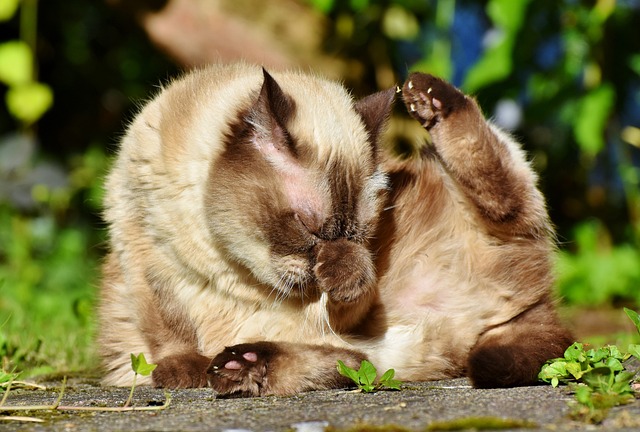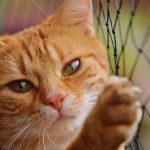Introduction: For those involved in cat breeding or caring for stray feline families, witnessing a mother cat consume one of her offspring can be distressing and perplexing. Although such behavior is fortunately uncommon, it is not impossible. In this article, we delve into the reasons behind this phenomenon, offering insights to better prepare you should you find yourself in such a situation.
- Health Considerations: One of the primary reasons a mother cat may consume one of her kittens is if it is afflicted with disease or deemed unlikely to survive. In such cases, the cat acts instinctively, guided by its remarkable olfactory senses, which can detect underlying health issues. An unhealthy kitten poses a threat to the entire litter, as its demise could lead to the rapid spread of harmful bacteria.
- Stillbirth: If a kitten is stillborn, it presents a similar risk in terms of bacterial transmission. In these instances, the mother cat may feel compelled to consume the stillborn kitten.
- Protection of the Litter: Attempting to remove a sick or deceased kitten may be met with resistance, especially within the first week post-birth. Any perceived interference could lead the mother cat to believe the nesting spot is compromised, potentially prompting her to relocate the entire litter. In some cases, if relocation proves challenging, she may resort to consuming one or more kittens.
- Wild Instincts: Cats in secure home environments are unlikely to resort to such behavior, as they feel safe and have the option to relocate their nest if necessary. In the wild, however, feline mothers face numerous predators, potentially leading them to view their kittens as vulnerable targets. In such situations, a mother cat might resort to consuming her offspring as a stress-relieving measure.
- Effects of Prolonged Labor: Labor that extends over an extended period can be physically taxing for a cat. Despite eating and drinking, the process can leave the mother famished. Consuming a kitten can serve as a means to replenish essential nutrients lost during labor.
- Inexperience: While rare, first-time mothers may eat their kittens due to inexperience. Some cats may not possess the necessary instincts or may inadvertently cause harm, leading to the unfortunate outcome of a deceased kitten being consumed.
- Malnourishment: In the wild, malnourished mother cats may resort to consuming their young for essential nutrients. This may extend to eating the placenta and, in severe cases, the entire litter. In domestic settings, extreme malnourishment leading to kitten consumption is less common, given the availability of adequate nutrition.
Conclusion: While it is most often due to health-related concerns that a mother cat might consume a kitten, other factors can contribute to this behavior. Understanding these reasons can help prevent such situations and ensure the safety of the litter. By providing proper nutrition and a secure birthing environment, you can greatly reduce the risk of a mother cat resorting to this behavior.


